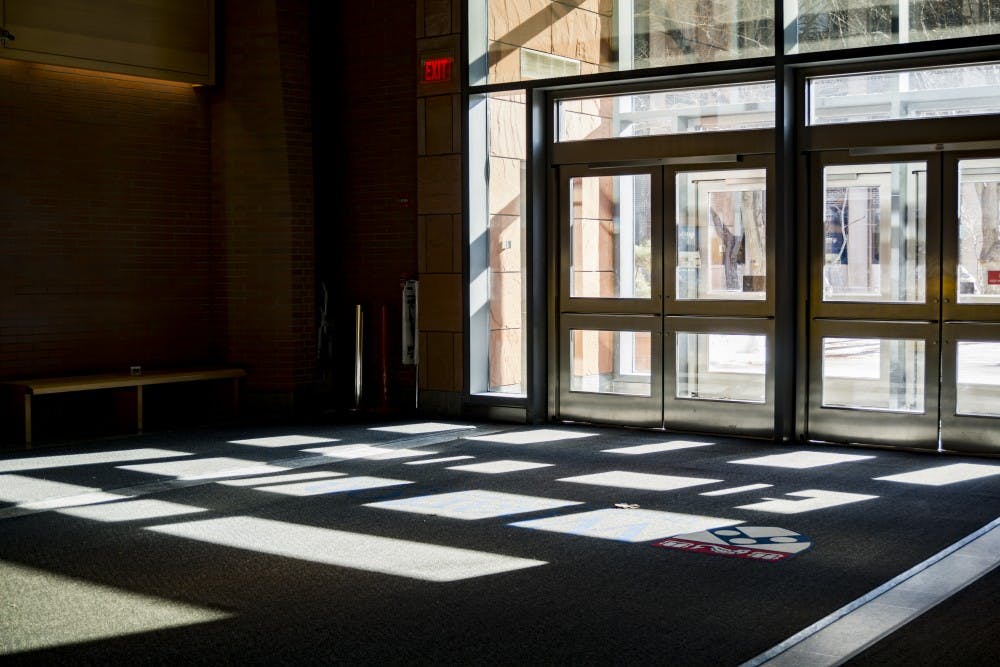
Professor Stewart Friedman, Director of the Wharton Work/Life Integration Project, founded the initiative in an effort to study Penn students and their balancing act of interests.
Credit: Remy HaberPenn students often find themselves torn between commitments, trying to juggle classes, hobbies and relationships.
Members of the Wharton Work/Life Integration Project’s student advisory board hope to connect students to the quality of life research done by the project to foster self-actualization in the student body. WLIP is focused on helping students identify what their values are and educating students about healthier lifestyles on campus and beyond.
Some of the recent events WLIP has put together include a panel about managing the emotional stress of On Campus Recruiting and a discussion about how students balance Greek life with schoolwork and other extracurriculars.
WLIP hopes to foster an environment in which students feel comfortable sharing their experiences openly so that others feel less alone in their complications and concerns, Wharton senior and board member Leah Davidson said.
The board also plans to bring in speakers from companies ranked high on employee satisfaction and have their executives share strategies for promoting employee well-being.
Wharton Work/Life Integration Project Director Stewart Friedman founded the project back in 1991 in order to study the balancing act of interests that people face everyday. The project — first among its peers — researches the best practices for balancing personal and career obligations.
Friedman uses the insights from his research in his Coursera course, “Total Leadership,” which currently reaches over 135,000 people. The United States Department of Labor has also used Friedman’s research on work-life balance.
“I was really just starting to ask the question myself of what can we do to make the world one in which people care about their lives beyond their work, including their children as well as society, their bodies, their minds, their spiritual lives,” Stewart said. “How are we going to create an environment that supports the whole person?”
The first step to finding personal fulfillment is visualizing your goals, Friedman said, adding that you should organize your motives in a hierarchy to help you better understand where you should spend your time. The next step is to identify the people and groups that are most important to you.
Friedman often refers to what he calls “total leadership,” which involves leading from the point of view of the whole person.
“Personal leadership development helps you to clarify what matters to you, who matters to you and how to create meaningful change in your world,” Friedman said.
Friedman’s final step to finding personal fulfillment is trying different methods of achieving your goals.
“People [in the ‘Total Leadership’ course] start to do experiments to try to change their world —experiments that are designed to make things better in all four parts of their lives: work, home, community and themselves,” Friedman said.
Students can take advantage of Friedman’s research by participating in events planned by the WLIP’s student advisory board.
“Recently we’ve tried to become more of an independent student organization and focus more on events that are relevant to students, looking at how we can make the themes of work-life integration pertinent to the student body,” Davidson said.
The Daily Pennsylvanian is an independent, student-run newspaper. Please consider making a donation to support the coverage that shapes the University. Your generosity ensures a future of strong journalism at Penn.
DonatePlease note All comments are eligible for publication in The Daily Pennsylvanian.





